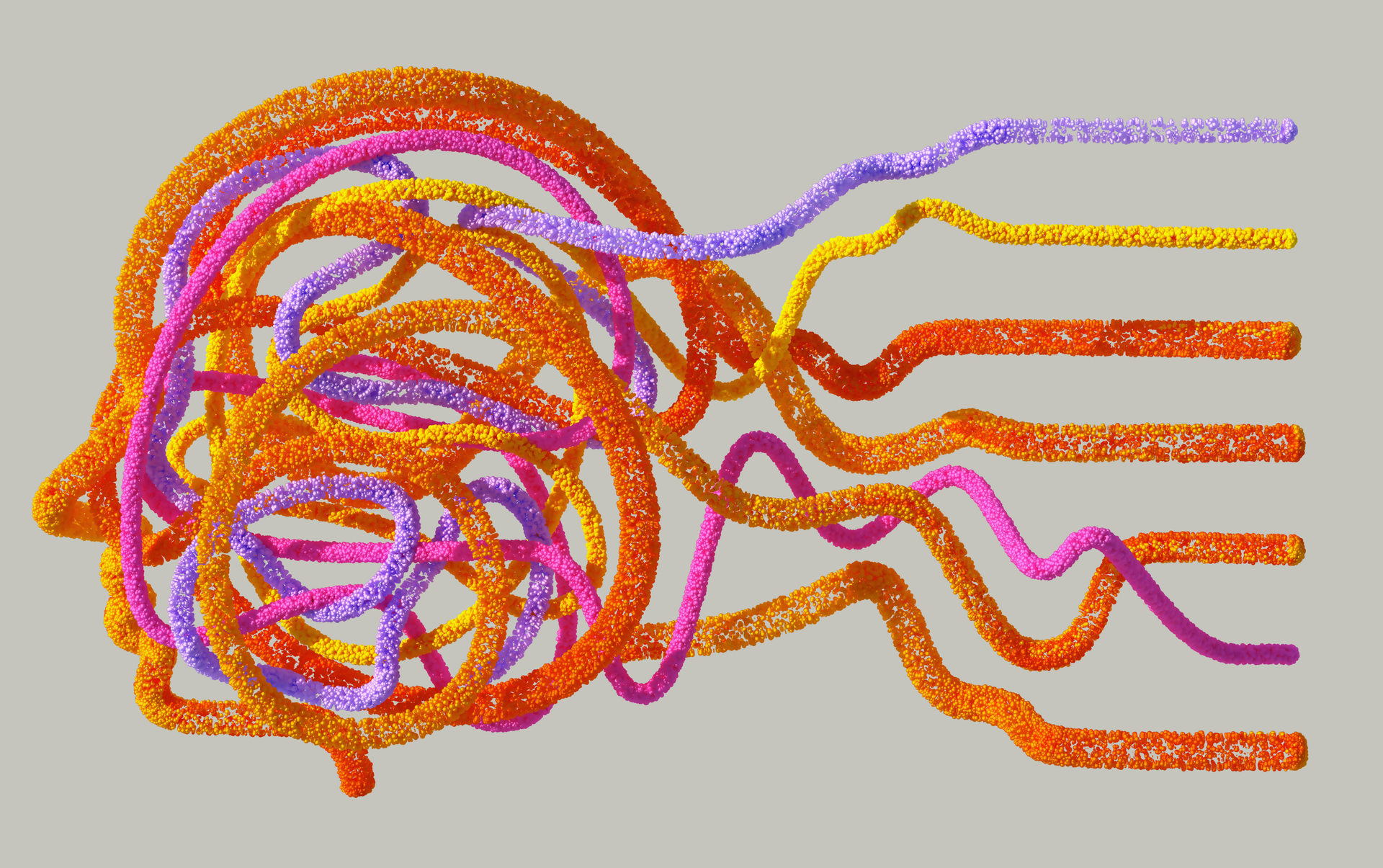How might office design feng shui principles help people with neurodivergence?

In March this year I was asked by a leading London commercial interior designer how might a feng shui designed office be of benefit to people with neurodivergence? It got me thinking and I sent her some thoughts over email for her pitch to her client, and it inspired me to write it all up into this post.
What is neurodivergence?
The definition of a neurodivergent person is someone whose brain functions in a way that differs from what is considered typical or neurotypical. This doesn’t mean they have a “problem” or are “inferior,” but rather that their brains process information, learn, and behave in unique ways. Neurodivergence encompasses a wide range of conditions, including autism, ADHD, dyslexia, dyspraxia, and others. Neurodivergent individuals often have heightened sensory sensitivities and are acutely aware of details in their work and also in their surroundings. Their eye for detail is mostly a blessing but can also easily cause sensory overload and a tendency towards introversion.
Feng Shui can help Calm Heightened Sensory Sensitivity:
One of the basic tenets of feng shui is about creating safety and security in design – something which many modern office designers overlook in their push towards daring and thought provoking designs for the simple sense of sensationalism and design drama! Since Feng Shui is a holistic design discipline and one that prioritises health, many feng shui principles prioritise comfort and security, which is fundamental for our nervous system to be able to relax and not be hypervigilant. Feng Shui principles can be used to minimize visual clutter, manage noise levels, and select calming colors to create a less overwhelming space.
Colours, scents, emotion, shape, texture
Each Feng Shui direction is linked to colour, scent, body parts, emotion, shape, texture, so each part of the office can be skilfully designed to be unique.
Clear pathways and organization
Implementing clear pathways and designated areas for specific activities can help with navigation and reduce anxiety, aligning with feng shui principles of guiding the occupant in a clear ‘chi flow’ through the space and keeping clutter at a minimum.
Personalization
Feng shui encourages adapting the space to the individual’s needs, allowing neurodivergent people to personalize their environment with elements that bring comfort and focus.
Mindful design:
A key aspect of feng shui is “mindful design,” which emphasizes being aware of how the space affects one’s mood and energy, a practice particularly relevant for neurodivergent individuals.
Sacred Geometry Acoustics
Part of my feng shui work also includes sacred geometry which is very much linked to accoustics and helps to create a specific resonance of sound waves. Why leave this to chance when a harmonious vibration can be consciously created?
Biophillic Design
So many of the principles of biophillic design agree with feng shui. Neurodivergent individuals, in particular, benefit emotionally and socially from exposure to nature. This could be in form of plants and/or water features/aquariums. They also like to have spaces where they can retreat to be on their own, or cloistered away but still connected to the group. This is a fundamental principle of yin and yang, which helps create more active and open spaces (yang) balanced with more restful and protected spaces (yin). Too much yang in a space is counterproductive and stressful and too much yin is too restful and makes everyone sluggish and slow! A balance of the two is important, which is why a great feng shui expert understands yin and yang at a very deep level, and how to apply to a modern space.
So, I hope you have found this interesting. Do get in touch if you would like to create a beautifully unique commercial space, whether office, factory, new village or even an entire new city!
Sarah


